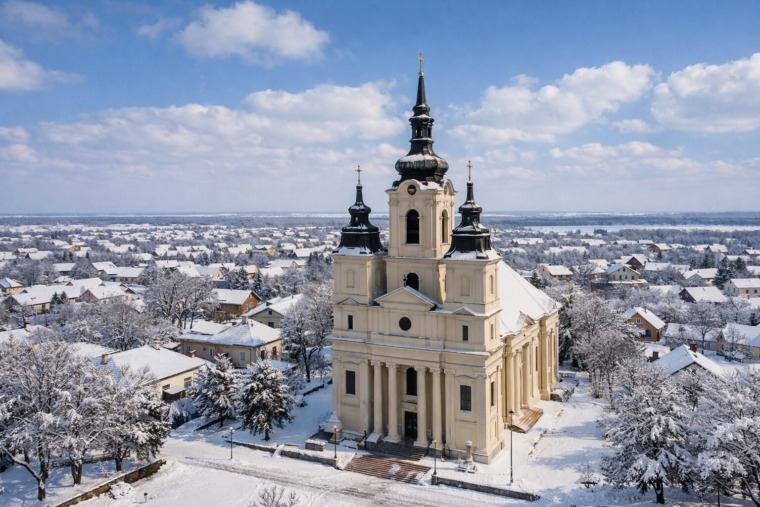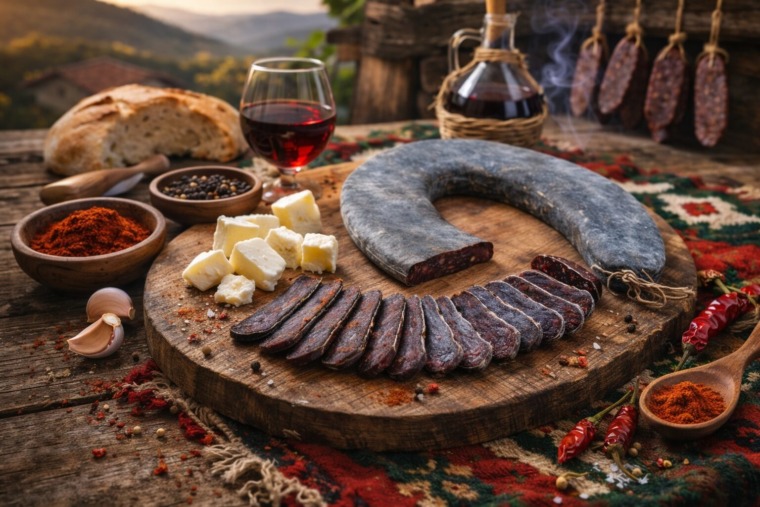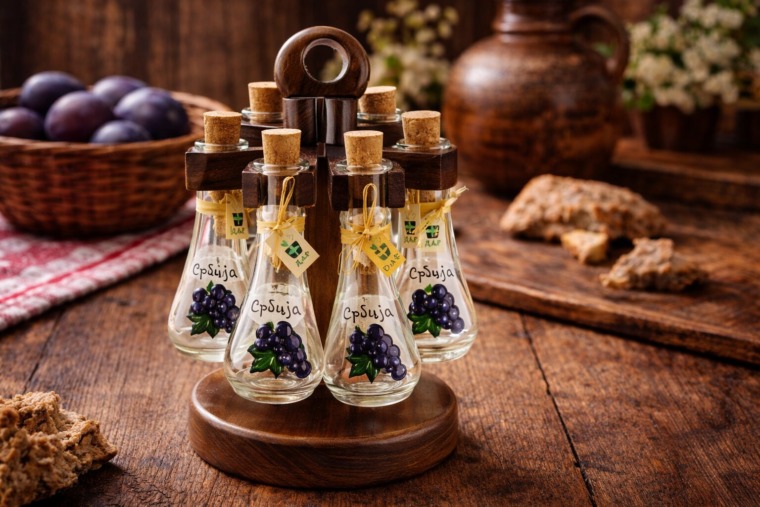
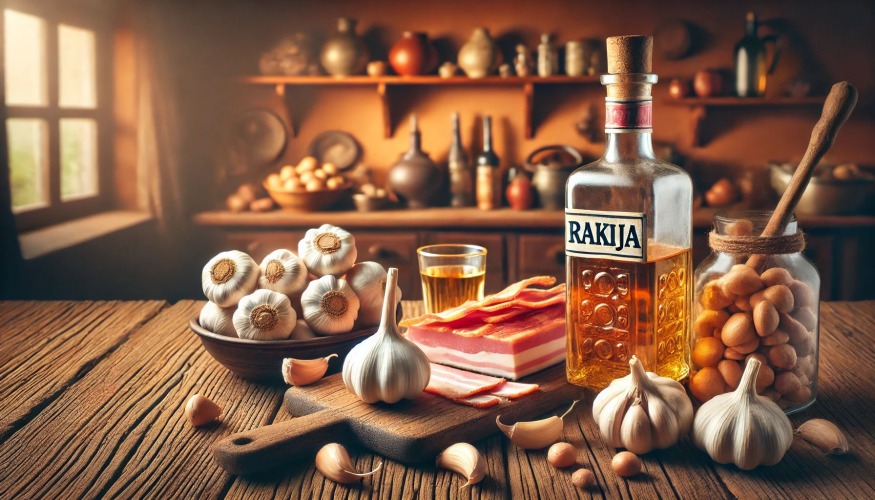
Serbia’s traditional culture is rich in unique foods, drinks, and natural remedies that have been celebrated for centuries. Whether it’s fighting off colds, easing digestive issues, or simply fortifying one’s health, Serbians have long trusted certain foods and drinks as natural immune boosters.
Let’s explore some of the most popular ingredients in the Serbian pantry known for their health benefits.
1. Garlic (Beli Luk): The Powerhouse of Immunity
Garlic has earned a revered place in Serbian kitchens, not just for its bold flavor but also for its health benefits. Known for its antiviral, antifungal, and antibacterial properties, garlic is often used in Serbian households to combat colds and infections. The allicin compound in garlic is a powerful immune-boosting agent, helping reduce the severity of colds and providing protection against a range of pathogens.
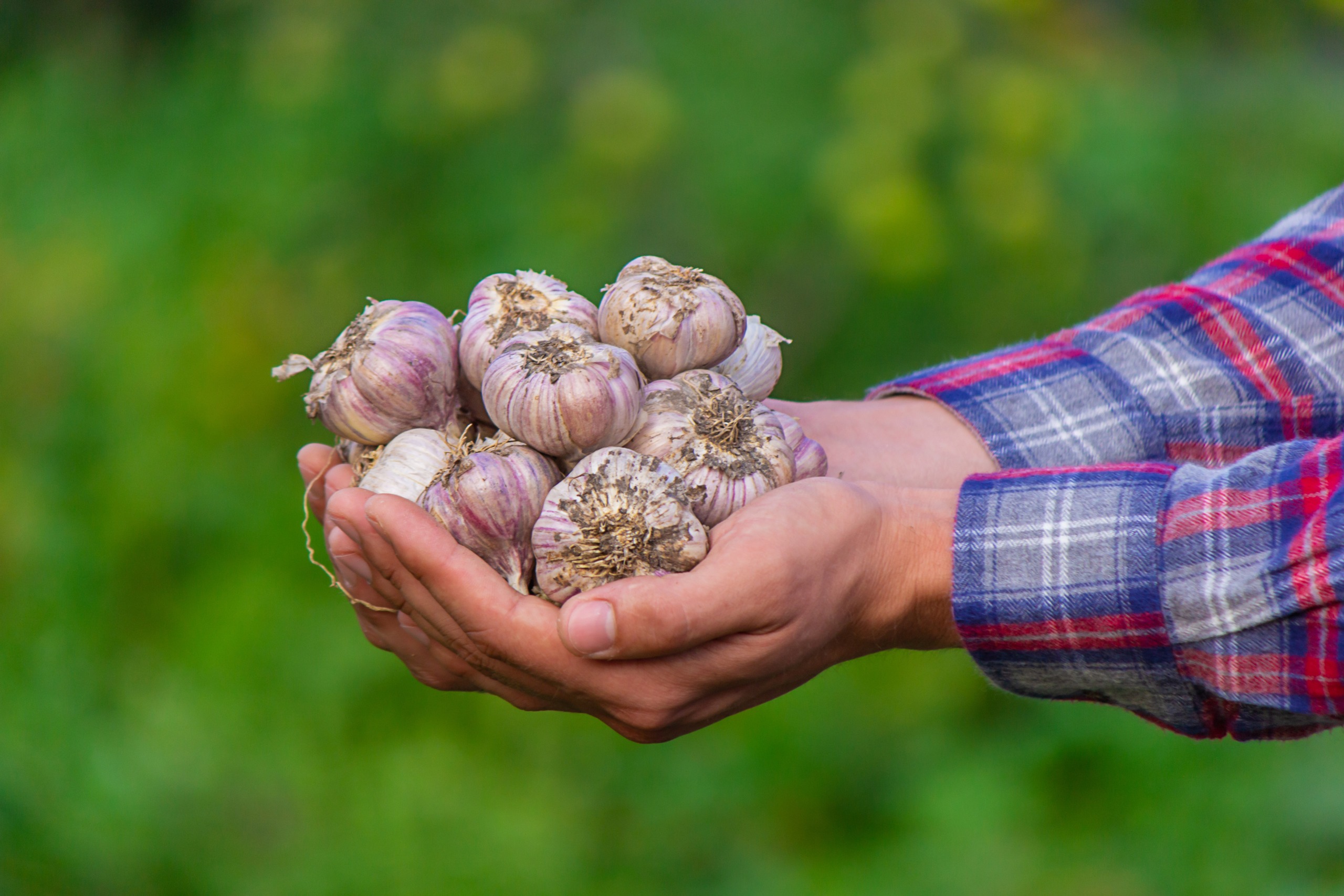
How It’s Used in Serbia: Garlic is consumed raw for the strongest health benefits, often as part of traditional salads or mixed with honey. It’s also a core ingredient in the Serbian staple ajvar, a pepper-based spread that complements various dishes.
2. Rakija: The Spirit with a Healing Twist
Rakija, a strong fruit brandy, is beloved in Serbia and is commonly made from plums, apples, or pears. Beyond being a popular drink, rakija is often regarded as a traditional remedy for sore throats and cold symptoms. While alcohol may not be a conventional immune booster, the warmth of rakija is believed to improve circulation and has mild antiseptic effects, soothing sore throats and providing temporary relief from respiratory discomfort.

Traditional Uses: When taken in moderation, a shot of rakija may be used to alleviate cold symptoms. For external use, it’s often used as a base in compresses for aches and pains.
3. Bacon (Slanina): Not Just a Comfort Food
Bacon, or slanina, is a popular food in Serbia, especially in rural areas. While bacon is high in fat, it’s often enjoyed in moderation for its energy-boosting properties. Healthy fats, when consumed as part of a balanced diet, are essential for maintaining cell integrity and immune function. Additionally, slanina is rich in selenium, which supports the immune system.
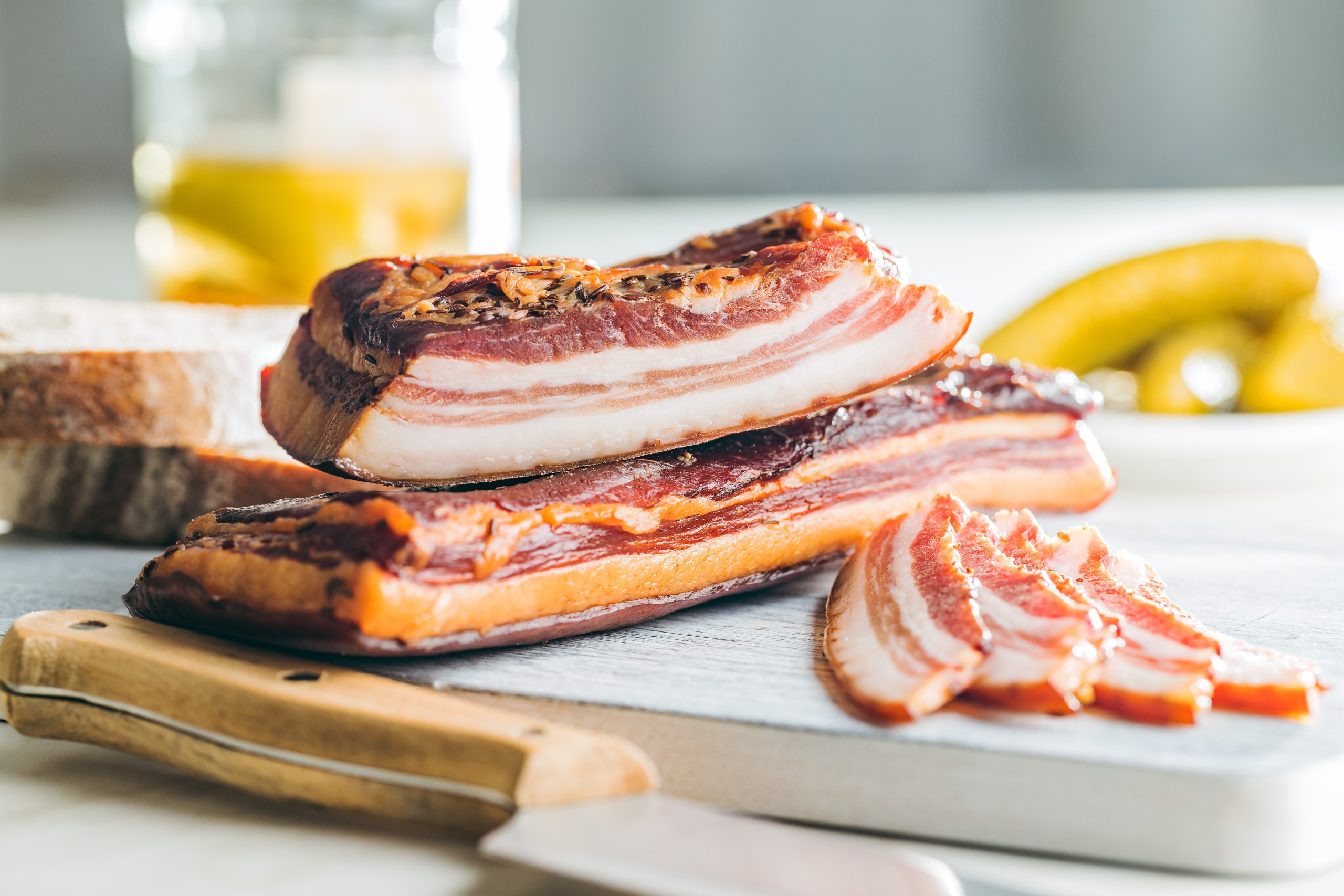
Serbian Tradition: Eating bacon in the winter is common, especially alongside hearty stews and soups, as it’s believed to help fortify the body against the cold.
4. Horseradish (Ren): The Nasal Decongestant
Horseradish is another Serbian favorite that packs a spicy punch and has numerous health benefits. Its strong taste and aroma can clear nasal passages, making it helpful for people suffering from colds or sinus issues. Horseradish contains antioxidants and essential minerals that can improve respiratory health and stimulate the immune system.
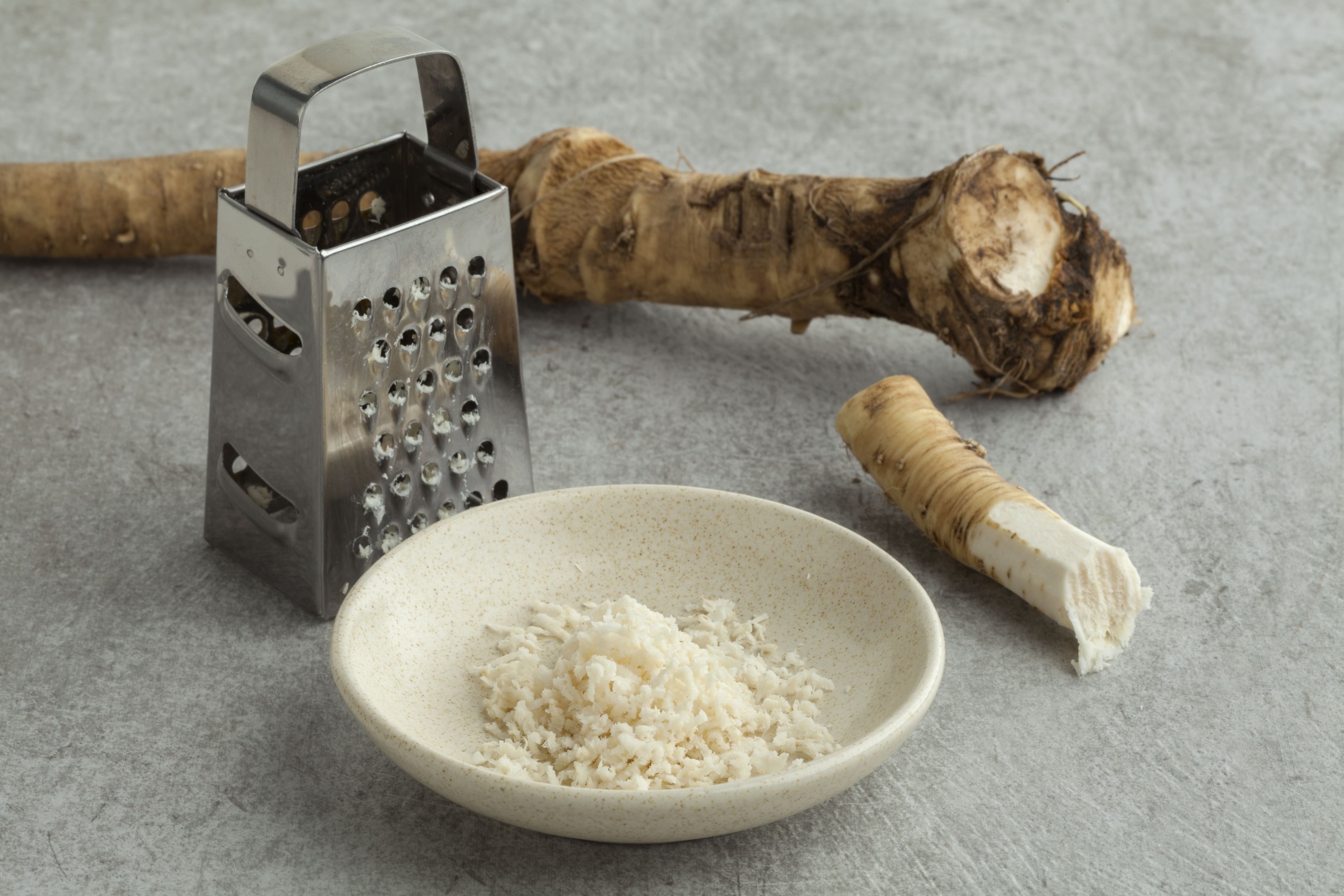
How It’s Used: Typically grated and mixed with vinegar, horseradish is served as a condiment with meats or added to pickled vegetables, providing a natural decongestant effect.
5. Fermented Cabbage (Kiseli Kupus): A Probiotic Powerhouse
Serbia’s traditional fermented cabbage, kiseli kupus, is rich in probiotics, which are essential for gut health and, by extension, a strong immune system. Fermented foods like kiseli kupus support digestion, aid in nutrient absorption, and can help keep harmful pathogens at bay by supporting a balanced microbiome.
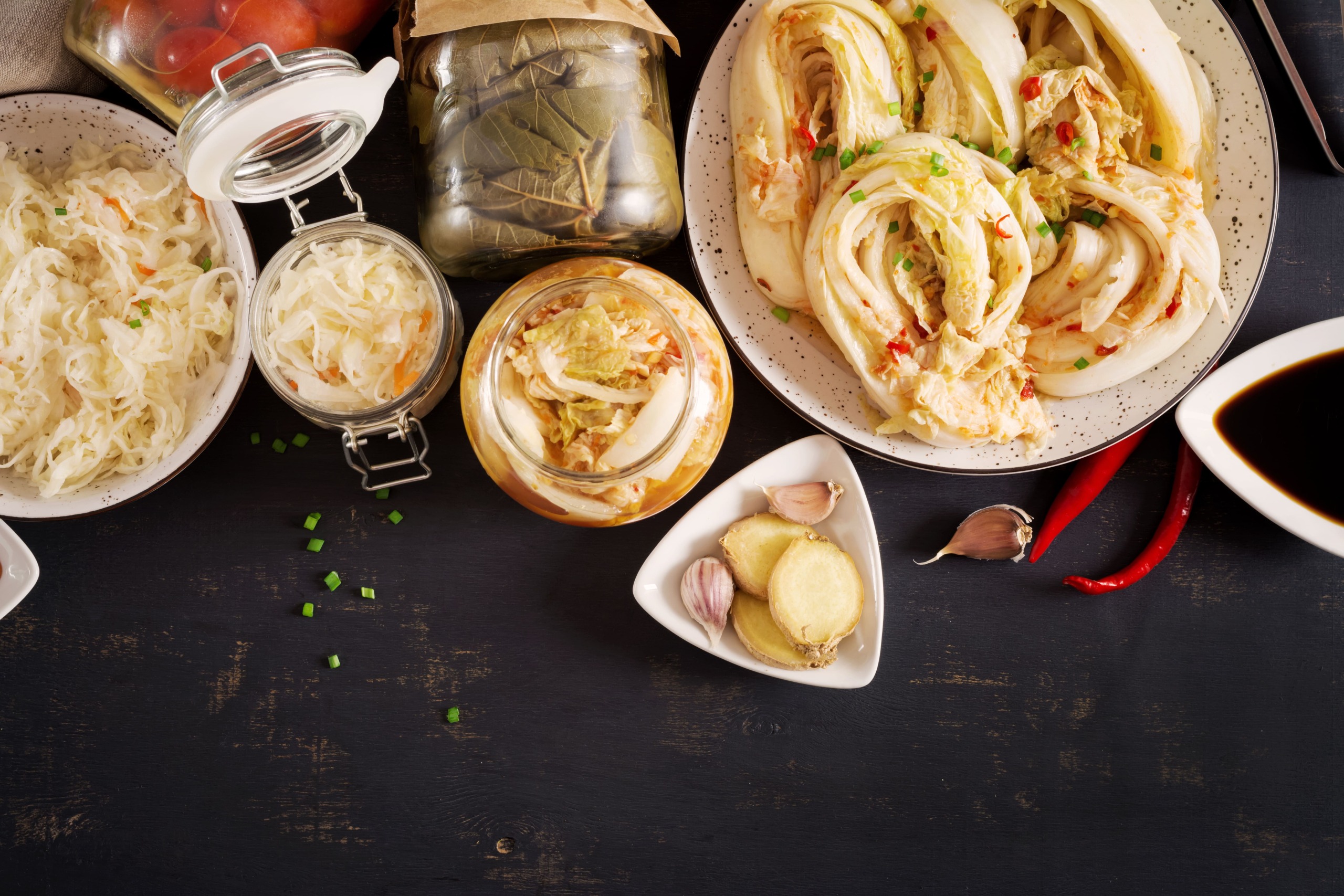
Serving Suggestions: Kiseli kupus is often served with sausages, meats, or as part of hearty winter stews like sarma.
6. Honey (Med): Nature’s Sweet Healer
Honey has long been valued in Serbia for its antibacterial and antioxidant properties. It’s a natural remedy for sore throats, coughs, and digestive issues. Raw honey, in particular, contains enzymes and vitamins that can help boost immune health and provide a natural energy lift.
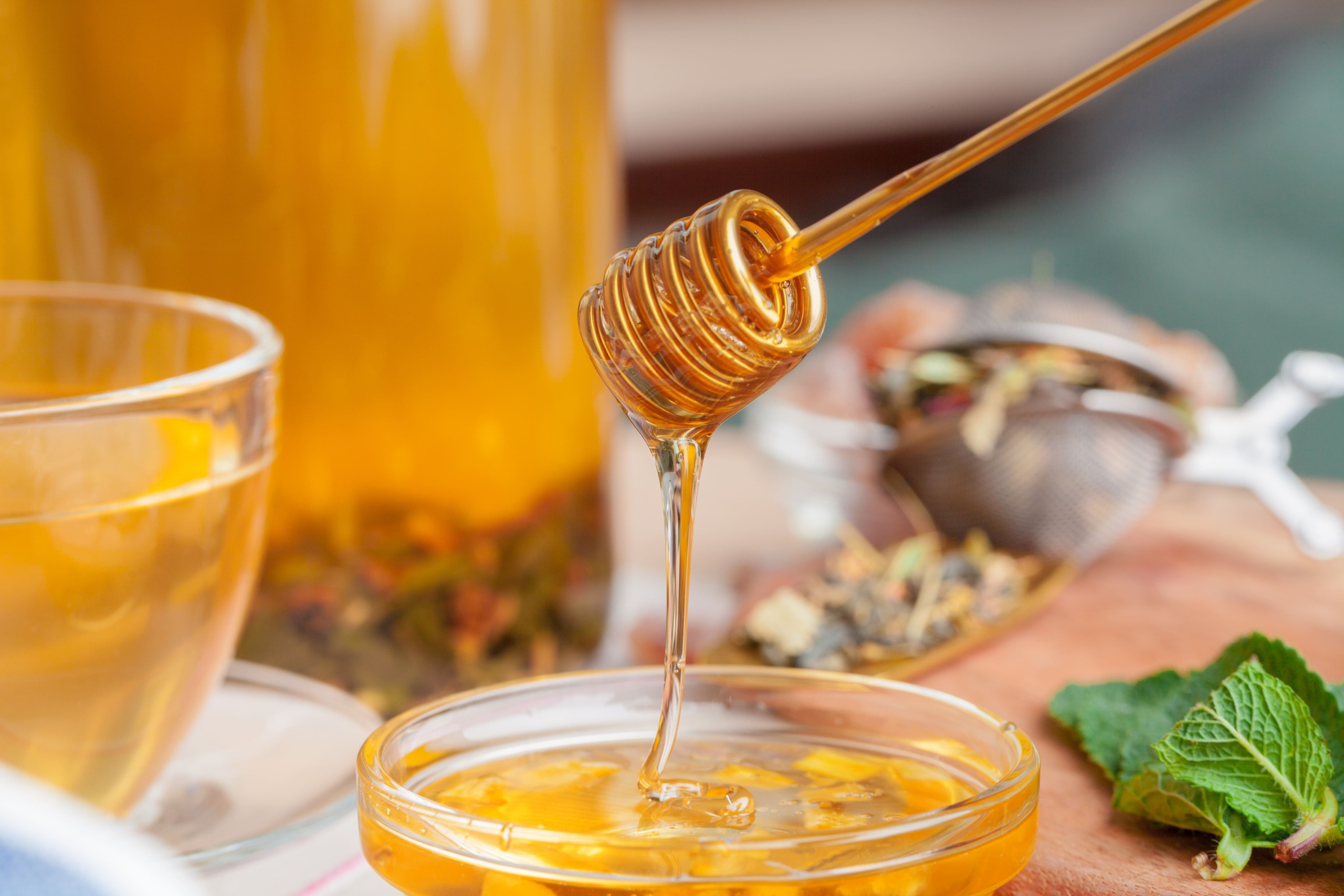
Traditional Use: Honey is often consumed on its own, mixed with lemon juice, or added to tea. It’s also used as a sweetener in various Serbian desserts and as a health tonic when combined with garlic or walnuts.
7. Wild Berries: Antioxidant-Rich Immunity Boosters
Serbia is known for its variety of wild berries, such as blackberries, raspberries, and elderberries, which grow abundantly in its mountainous regions. Berries are packed with antioxidants, vitamins, and minerals that support the immune system, reducing inflammation and protecting cells from damage.
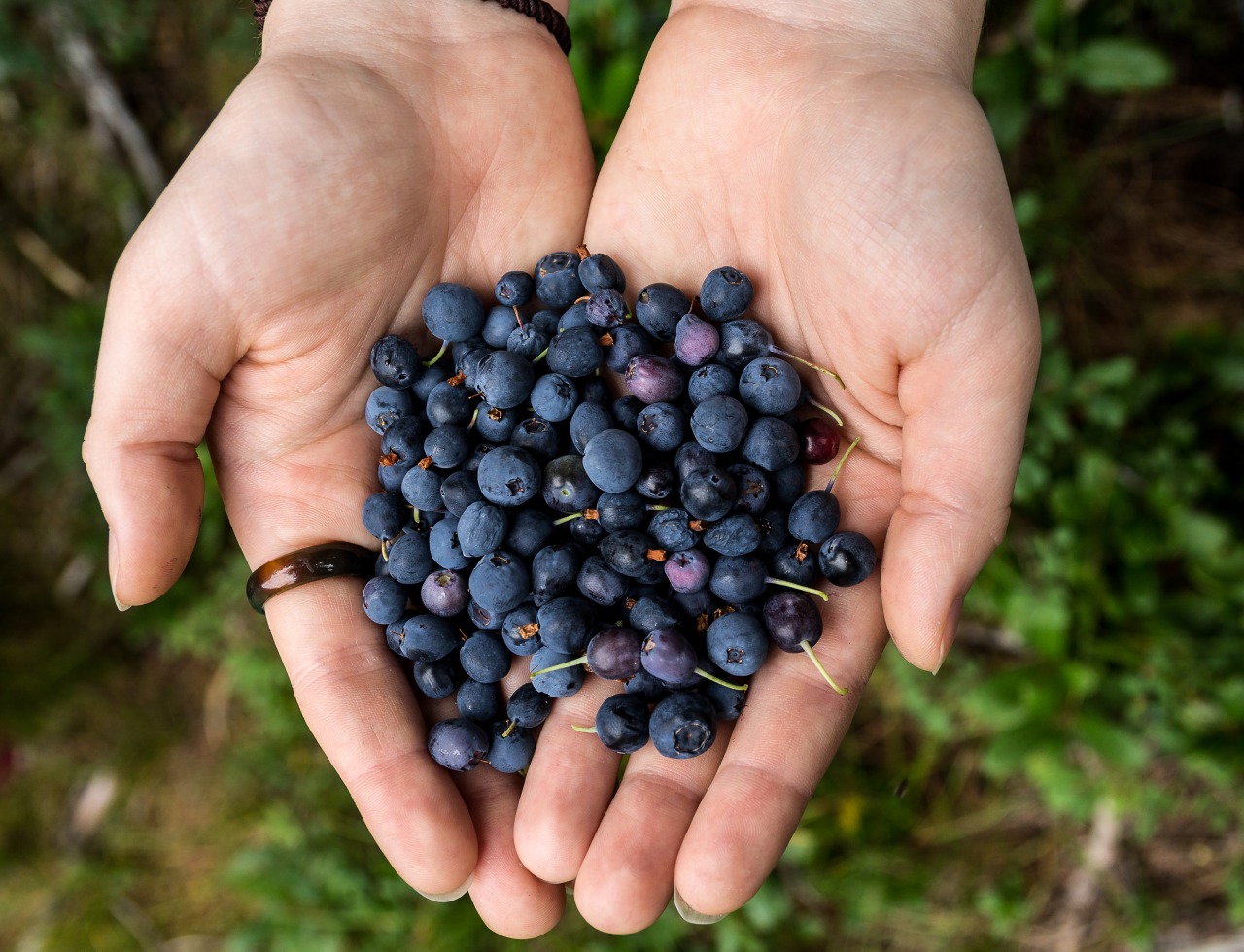
How They’re Used: Fresh or preserved as jams, wild berries are used in desserts or enjoyed on their own as a vitamin-packed snack.
8. Tea Blends: Nature’s Immune Tonic
Serbian households often have a variety of herbal teas, each valued for its unique health benefits. One of the most beloved is Rtanj Tea (Rtanjski Čaj), named after the mystical Rtanj Mountain in Serbia. This tea is made from wild herbs found on the slopes of Rtanj and is renowned for its rich, earthy flavor and immune-boosting properties. Rtanj Tea is said to support respiratory health, reduce inflammation, and provide a calming effect, making it a popular choice during colder months.
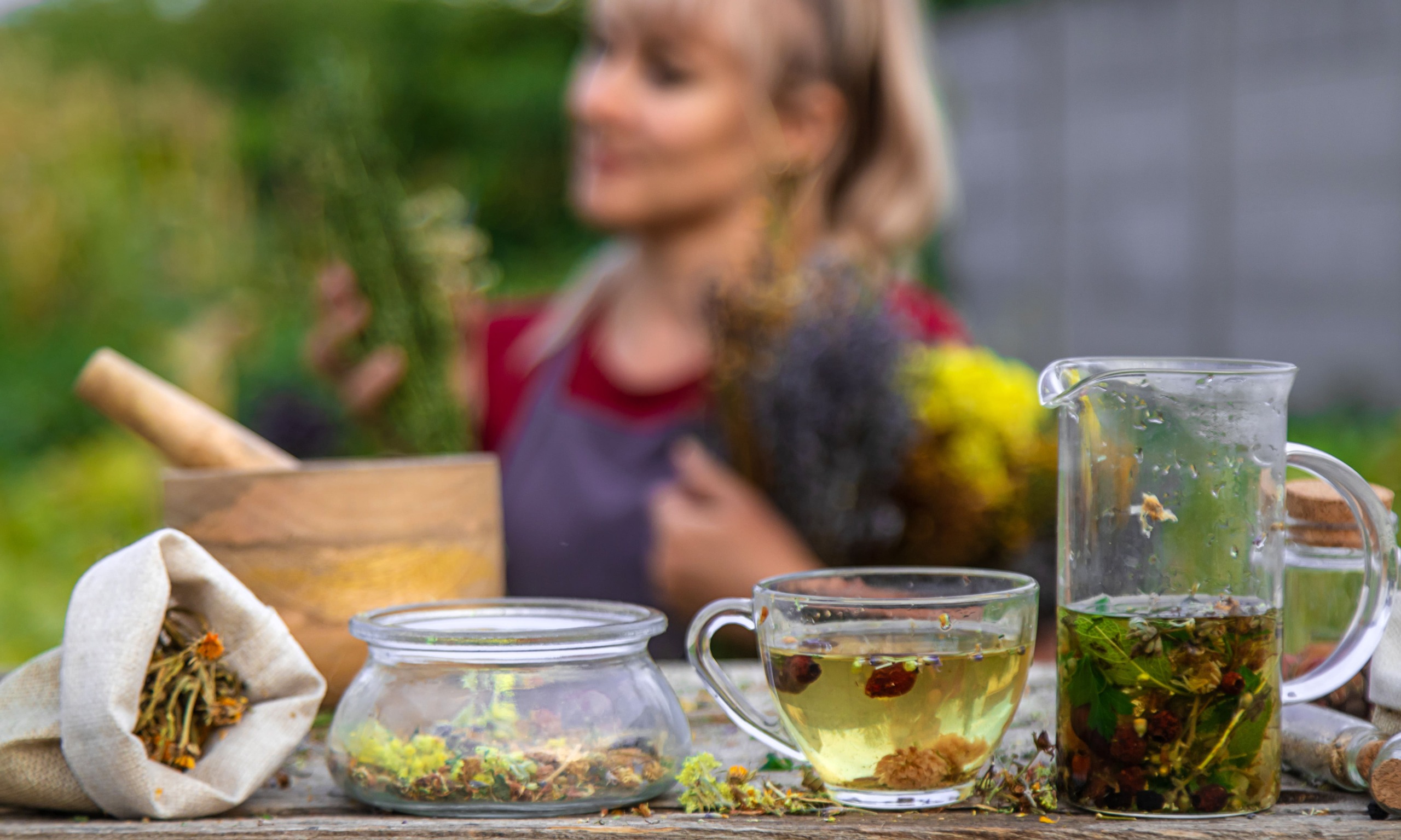
In addition to Rtanj Tea, linden (lipov čaj), elderflower, chamomile, and mint are widely consumed in Serbia, each with specific benefits such as soothing digestive discomfort and offering antioxidant protection.
Popular Blends: Linden tea is often sipped with honey to ease cold symptoms, while Rtanj Tea is brewed for daily immune support and relaxation, especially during winter.
Embracing Serbia’s Natural Remedies
Serbian immuno boosters highlight the value of traditional, natural ingredients that support overall well-being. Whether you’re looking to strengthen your immune system during cold season or simply want to incorporate more healthful traditions into your diet, Serbia’s unique blend of natural remedies offers flavorful, effective ways to care for your body.
Related Articles

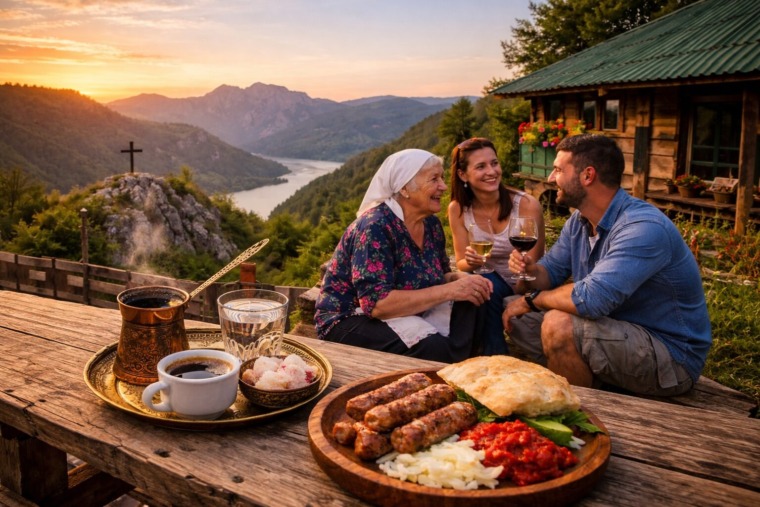
5 Little Things in Serbia That Travelers Never Forget
February 20, 2026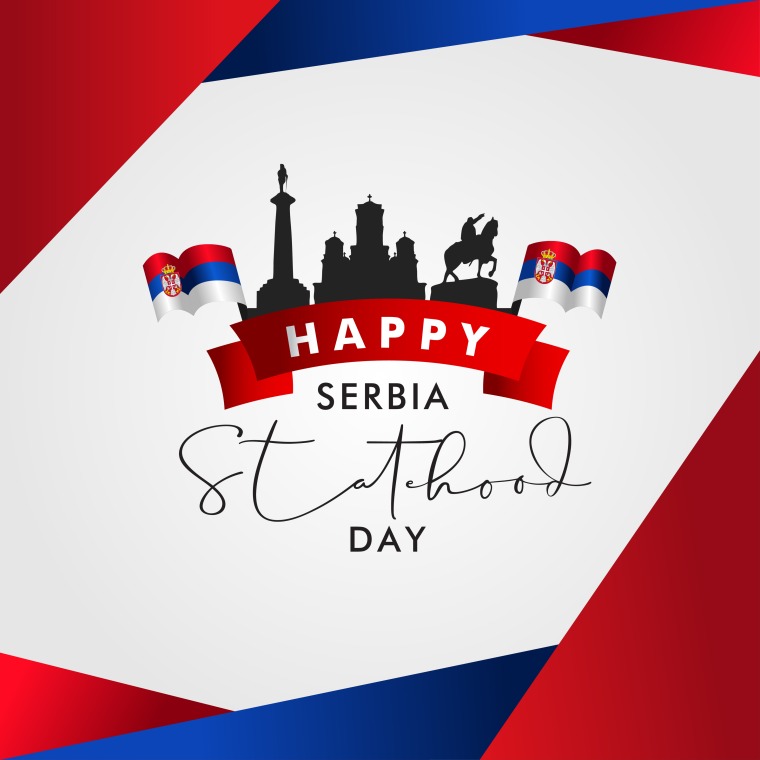
Interesting Facts About Sretenje You May Not Know
February 16, 2026

